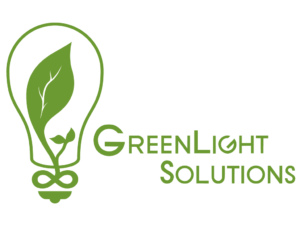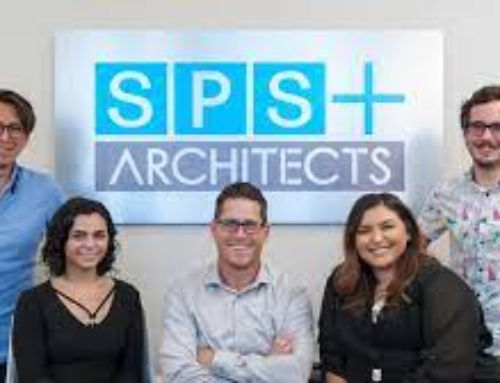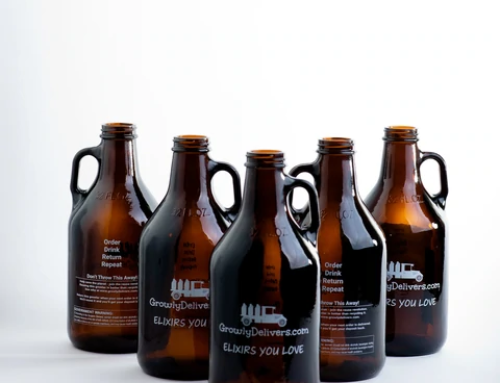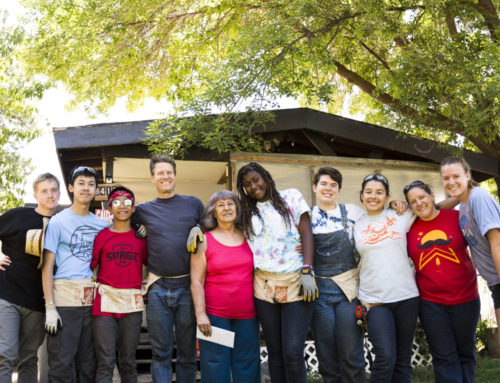In spring 2021, Dynamic.RE reached out to GreenLight Solutions Foundation because the company wanted to inform and educate its clientele on making sustainable impacts in real estate. GreenLight Solutions, with the guidance of Dynamic.RE, integrated the company’s resources in the form of a website that was easily accessible and educational to its clientele. Due to the success of the last project, our project partner Masrur Huq became one of GreenLight’s Board of Directors and continued the partnership by presenting another sustainable solution that could be applied to Dynamic.RE. The new sustainable solution was focused solely on short-term rentals, namely, how Dynamic.RE could make short-term rentals sustainable and monitor changes for the benefit of its operators and investors. In Fall 2021, Dynamic.RE partnered with GreenLight Solutions Foundation for a second time. The team of Solutioneers consisted of Vrashab Sheregar, who previously worked with Dynamic.RE in the spring, along with Abby Hemmings, and Huiling Chen.
The team had a mission to encourage short-term rental operators and long-term investors to monitor sustainable metrics such as the monetary value of going green, carbon footprint and efficiency levels. The team’s challenge was to create a solution that was easily digestible while also maintaining the values of the company. The team created a sustainability framework that measured the changes in sustainability in short-term rentals. This framework was based on several categories: rooms of the home (living room, kitchen, bedroom, etc…), metrics (carbon footprint and energy efficiency), and categories (house, host responsibility, building materials, and equipment). The solution our team came up with was to create an e-book that will educate clientele about sustainability and its application to short-term rentals.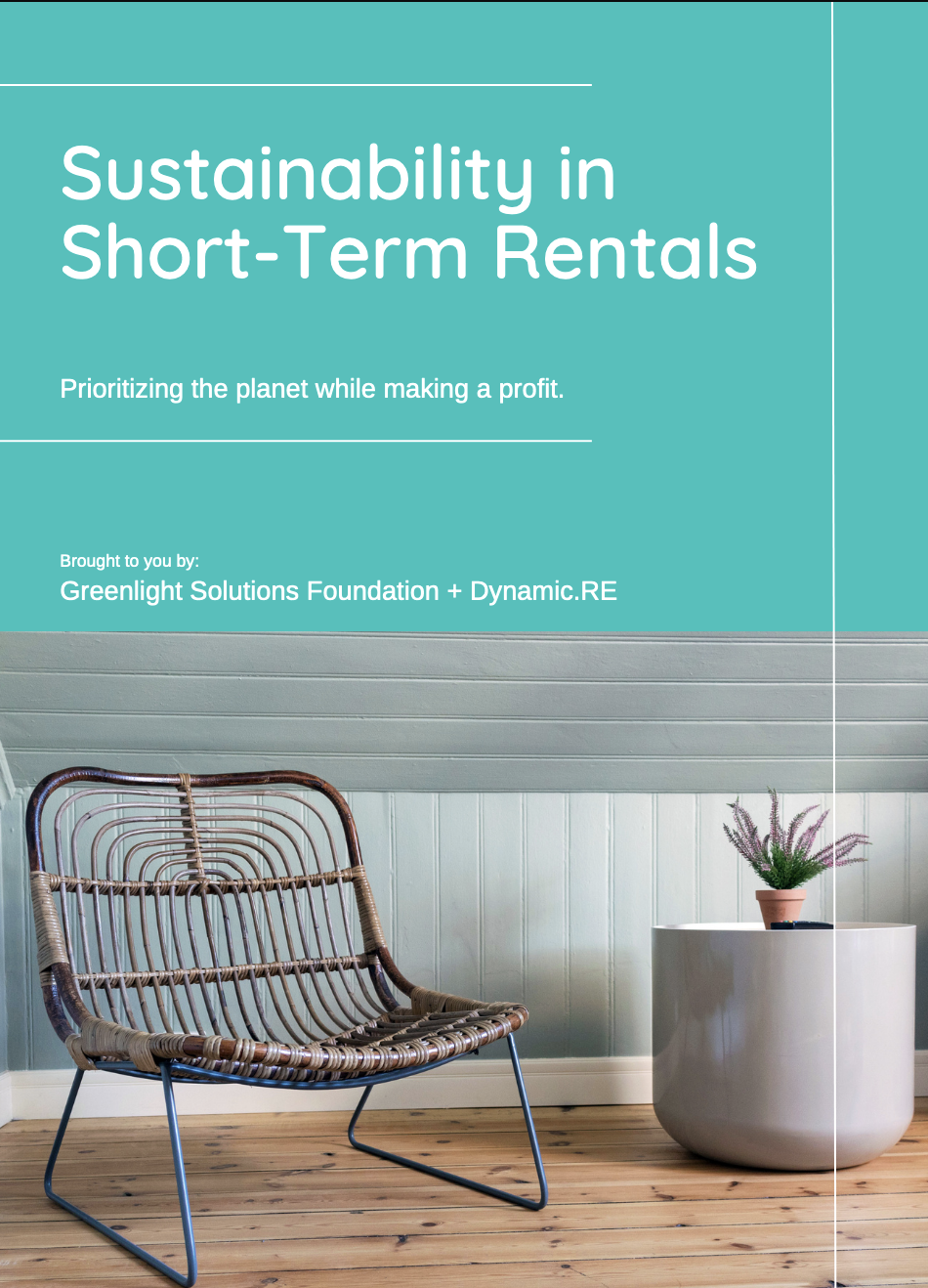
The team had four main objectives and four main Key Performance Indicators (KPI). Objective number one was to research existing short-term rental strategies in similar markets. This correlated heavily with KPI number one, which was to collect 20 examples of short-term rental strategies and properties. Objective number two was to organize the strategies previously researched and categorize them for the framework. The second KPI associated with this objective was to identify 5 categories, metrics, and rooms to be used in the framework. Objective number three was to finalize the categories, metrics, and rooms determined in the previous objective, which led to the third KPI, checking the 5 determined categories for quality and formatting assurance. The final objective was to transfer the framework to a spreadsheet and create a description in a document. The final KPI was 1 spreadsheet and 1 document created.
Not only did this solution address the problem locally, it also closely aligned to the United Nations’ Sustainable Development Goal 9, industry innovation and infrastructure. The team succeeded in educating Dynamic.RE about the actions that they should take in order to become more eco-friendly. The team’s solution also had impacts in the local community as the solution encouraged people to utilize sustainable practices, such as using and purchasing local products. This has the potential to increase local businesses profit and reduce carbon emissions. If this solution is applied at a larger scale, the global impacts point to a more sustainable future. Furthermore, the Solutioneers took away from this project valuable skills such as how to research, design, and create frameworks and how to think critically to help create more positive influences in communities throughout the future.
Written by: Vrashab Sheregar, Abby Hemmings, Huiling Chen, Julia Aumann, Juliana Veldhuizen
Thank you for reading our blog! Leave a comment & share on social media.
➡ Get involved: Businesses | Students | Professionals | Colleges | Volunteer
➡ Support our sustainability initiatives: Donate Now | Give Monthly | Sponsor
➡ Follow us on social media: Facebook | LinkedIn | Instagram | Twitter
